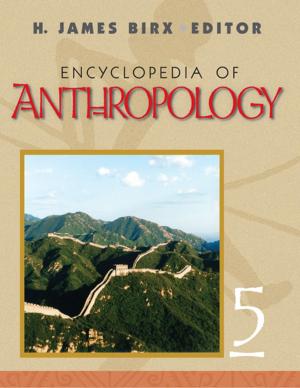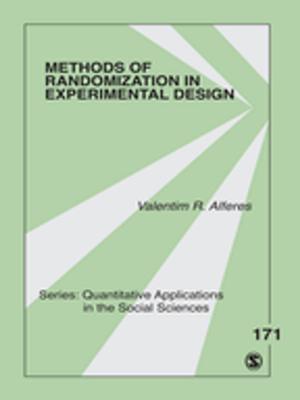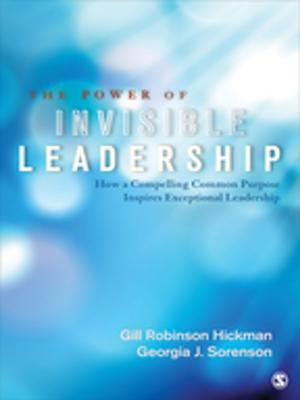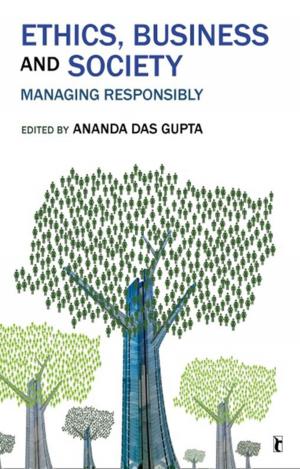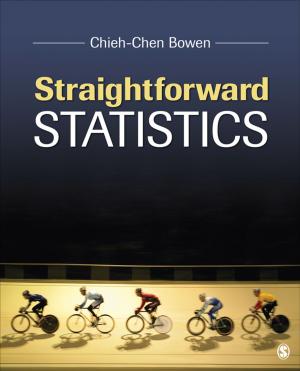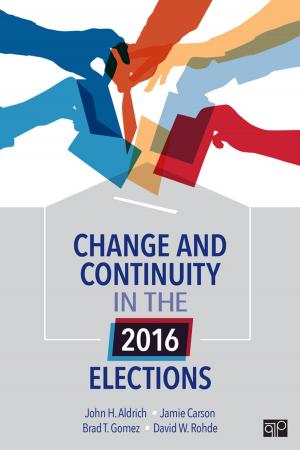The Modern Prince and the Modern Sage
Transforming Power and Freedom
Nonfiction, Social & Cultural Studies, Political Science, Politics, History & Theory| Author: | ISBN: | 9789352801954 | |
| Publisher: | SAGE Publications | Publication: | July 10, 2009 |
| Imprint: | Sage Publications Pvt. Ltd | Language: | English |
| Author: | |
| ISBN: | 9789352801954 |
| Publisher: | SAGE Publications |
| Publication: | July 10, 2009 |
| Imprint: | Sage Publications Pvt. Ltd |
| Language: | English |
Ever since the Renaissance in the thirteenth century, the ‘prince’ has been the dominant archetype of ‘being’ and ‘becoming’. Power and politics have provided the modern world with determinant frames of self-constitution and social emancipation, along with a singular definition of ‘freedom’. In this context, The Modern Prince and the Modern Sage: Transforming Power and Freedom is concerned with rethinking and transforming the concepts of ‘power’ and ‘freedom’ in discourse, society and history.
This book draws from various sources—traditions of wisdom, creative experiments in socio-political theorizing and spiritual mobilizations—and brings together voices of struggle and movements for creative transformations from around the world. It addresses epochal issues of our times such as responsibility and shared sovereignties and appeals to a wide readership in humanities and social sciences and would be of interest to all seeking souls and movements. It will also be an invaluable reading resource for students and researchers of social and political theory, philosophy, sociology, anthropology, development studies, cultural studies and religious studies.
Ever since the Renaissance in the thirteenth century, the ‘prince’ has been the dominant archetype of ‘being’ and ‘becoming’. Power and politics have provided the modern world with determinant frames of self-constitution and social emancipation, along with a singular definition of ‘freedom’. In this context, The Modern Prince and the Modern Sage: Transforming Power and Freedom is concerned with rethinking and transforming the concepts of ‘power’ and ‘freedom’ in discourse, society and history.
This book draws from various sources—traditions of wisdom, creative experiments in socio-political theorizing and spiritual mobilizations—and brings together voices of struggle and movements for creative transformations from around the world. It addresses epochal issues of our times such as responsibility and shared sovereignties and appeals to a wide readership in humanities and social sciences and would be of interest to all seeking souls and movements. It will also be an invaluable reading resource for students and researchers of social and political theory, philosophy, sociology, anthropology, development studies, cultural studies and religious studies.

